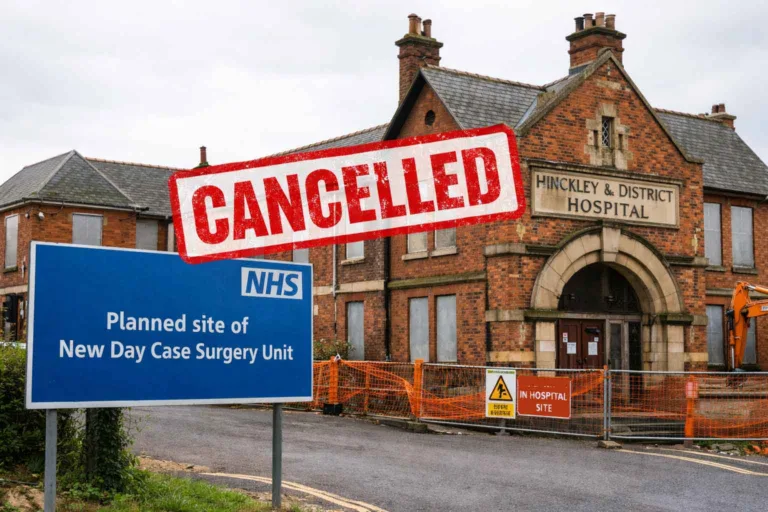
The government has denied requests from Leicestershire County Council and Derbyshire County Council to postpone the upcoming local elections, scheduled for May. The councils had sought additional time to develop detailed proposals in response to government plans for local government reorganisation, which aim to ensure every region of England has a mayor.
On Wednesday, Deputy Prime Minister Angela Rayner confirmed that Leicestershire and Derbyshire were not among the nine authorities permitted to defer their elections for a year. Instead, the councils have been urged to continue with preparations for redrawing their political structures, a move that could lead to the replacement of district and borough councils with larger unitary authorities.
Mixed Reactions from Local Leaders
Leicestershire County Council’s acting leader, Deborah Taylor, expressed disappointment at the government’s decision but acknowledged the necessity of submitting plans for change. She stated, “While it is disappointing to have our request refused, we are still required to submit plans for change. This is the first step towards simplifying a confusing system, protecting front-line services, and creating a system of local government fit for the 21st century.”
In contrast, all seven district and borough councils in Leicestershire welcomed the decision not to delay the elections. In a joint statement, they argued that a single unitary council for Leicestershire would be “too remote, too cumbersome, and inaccessible,” and confirmed that they are working on alternative proposals.
Derbyshire County Council’s Conservative leader, Barry Lewis, criticised the process, calling it a “waste of time” since no areas with existing mayors—such as the East Midlands—were granted an election postponement. “It seems the government were spooked by the delayed elections issue and are running scared,” he said. However, Lewis reiterated his ambition to establish a whole-county unitary authority, excluding Derby city, which he believes would “respect the history of the county and deliver the best value for Derbyshire residents.”
On the other hand, Derbyshire Labour leader Joan Dixon praised the government’s decision as “the better and more democratic option.”
Government’s Vision for Local Government Reform
Angela Rayner emphasised that the restructuring of local government represents a “generational power shift from Whitehall to the town hall.” She argued that the reforms would provide greater funding and expanded powers to the newly structured councils, helping to streamline governance and enhance service delivery.
As the debate continues, both councils must now submit their proposals and prepare for the elections as planned. The outcome of these elections and subsequent restructuring discussions could significantly reshape the political landscape of the East Midlands in the years to come.



